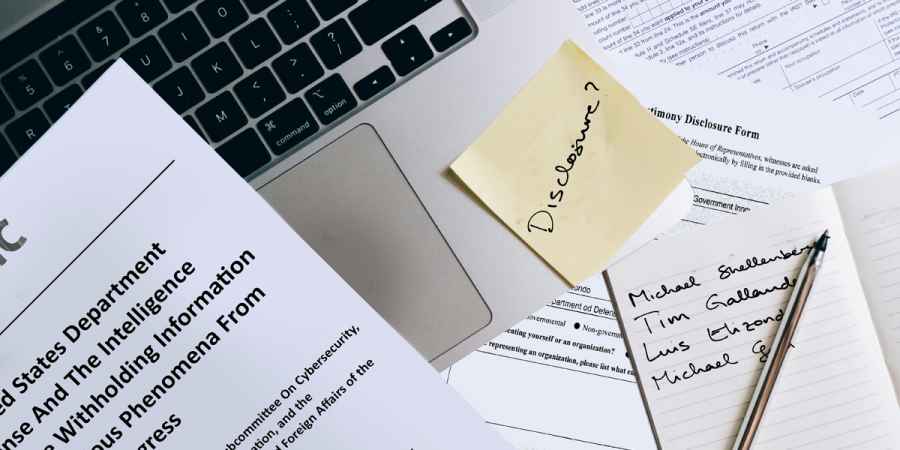

The US Congress has announced that four new witnesses will testify at a congressional hearing on UFOs, or Unidentified Anomalous Phenomena (UAPs), scheduled for Wednesday, November 13. These hearings, conducted by the House Oversight Committee under Representative Nancy Mace, aim to update Congress on findings related to UAPs, including the potential security risks these phenomena may pose.
The testimonies come with both political and public implications. Many in the US have grown increasingly curious of government transparency on this topic. Written testimonies from each witness have been released ahead of the hearing, shedding light on what they may discuss, including incidents that some claim have been intentionally kept under wraps.
Here's a look at each witness, their background, and what they're expected to bring to Congress:
Tim Gallaudet
Tim Gallaudet is a retired Rear Admiral and oceanographer, known for his work in ocean and space sciences. A former Assistant Secretary of Commerce and Chief Oceanographer of the US Navy, Gallaudet now consults for various organisations in oceanography, environmental science, and space exploration. With a position in Harvard's Galileo Project and roles advising UAP-focused groups, he is an advocate for lifting the scientific study of UAPs to a national level.
Key Points
• UAP interactions with military personnel raise safety and national security concerns.
• Calls for a cohesive government strategy on UAP policy.
• Supports the UAP Disclosure Act for transparent oversight.
What We Expect Tim Gallaudet To Tell Congress:
Gallaudet's testimony will likely focus on the security implications of UAP encounters with military forces, particularly the potential threat to civilian and military aviation. He recalls incidents where unidentified objects came dangerously close to US aircraft, raising significant safety issues that were never fully investigated. He will argue for more transparency on these matters, noting that excessive secrecy poses a risk to public and military safety.
Additionally, Gallaudet is expected to advocate for a unified governmental approach to handling UAPs, as the current structure divides responsibilities among different agencies with little coordination. He will suggest the creation of a designated department, led by a cabinet-level official, to unify these efforts. This approach, he believes, would ensure transparent, science-based governance.
Finally, Gallaudet is expected to urge Congress to support the UAP Disclosure Act. This act proposes an independent board to review all UAP-related documents, ensuring public access to previously classified records. He argues that this level of oversight is crucial to regain public trust and facilitate honest scientific research into UAPs.
Luis Elizondo
Luis Elizondo, a former US intelligence officer, led the Pentagon's secretive Advanced Aerospace Threat Identification Program (AATIP), which investigated UAPs. He resigned in 2017 to become a prominent advocate for UAP transparency. Known for his book 'Imminent: Inside the Pentagon's Hunt for UFOs', Elizondo brings years of counterintelligence experience, pushing for more open UAP policies.
Key Points
• Believes advanced UAP technology exists beyond any government's capabilities.
• Supports unified government oversight on UAP issues.
• Advocates protections for whistleblowers in the field.
What We Expect Luis Elizondo To Tell Congress:
Elizondo's testimony is expected to be a stark warning about the possible existence of advanced UAP technology. He believes that US officials, and perhaps others globally, may have obtained such technology, yet remain tight-lipped due to a covert arms race. He will argue that this secrecy undermines democratic oversight and public trust.
Furthermore, Elizondo will call for a unified government approach, noting that the current system, where different agencies like NASA, the CIA, and the Department of Defense each manage UAPs independently, is ineffective. Centralised oversight, he believes, would prevent agencies from covering up discoveries and enable a clearer national policy on UAPs.
Elizondo will also highlight the importance of whistleblower protection, as many individuals have faced professional ruin when attempting to disclose UAP-related information. He will urge Congress to implement secure channels that allow whistleblowers to come forward without fear of retaliation, which he sees as a necessary step for governmental transparency and accountability.
Advertisement ‐ Content Continues Below.
Michael Gold
Mike Gold, a former NASA official, is the Chief Growth Officer at Redwire, a company involved in space technology. He played a significant role in space policy, including the Artemis Accords for safe international cooperation in space exploration. Gold has also been appointed to NASA's UAP Study Team, bringing his experience in international collaboration and commercial spaceflight to the UAP discussion.
Key Points
• Stigma surrounding UAP research needs to be removed.
• NASA could lead UAP research.
• Specialised tools are necessary for effective data collection on UAPs.
What We Expect Mike Gold To Tell Congress:
Gold's testimony will likely address the social stigma around UAP research, which has often discouraged legitimate reporting and data collection. He will argue that dismissing UAP sightings has limited critical scientific inquiry. Removing this stigma, Gold believes, will encourage scientists and officials to report sightings and investigate them without fear of ridicule.
He will advocate for NASA's role in UAP research, stating that NASA's global reputation makes it ideally suited to oversee this field. Gold proposes that NASA work alongside the Federal Aviation Administration (FAA) to set up a public UAP reporting system, allowing both scientists and the public to access data.
Finally, Gold is expected to argue for the development of specialised tools for UAP study. He will note that typical observational equipment like radar and cockpit cameras may not provide the detail needed for comprehensive research. Custom-built instruments, though potentially expensive, would allow for a more thorough investigation of UAPs and improve the quality of available data.
Michael Shellenberger
Michael Shellenberger, founder of the news platform Public, is an investigative journalist known for his work on government transparency. Recently, he reported on an alleged Pentagon programme called "Immaculate Constellation", rumoured to involve secret UAP research. The Pentagon has denied these claims, but Shellenberger's presence at the hearing suggests he remains committed to investigating UAP-related government secrecy.
Key Points
• Claims the government has withheld important UAP data from Congress.
• Expresses concerns over the credibility of AARO, the agency responsible for UAP investigations.
• Advocates for legislation to enforce transparency and protect whistleblowers.
What We Expect Michael Shellenberger To Tell Congress:
Shellenberger's testimony is likely to focus on alleged government secrecy, asserting that officials have knowingly withheld UAP information from Congress. He is expected to reference evidence from whistleblowers about a supposed Pentagon programme, "Immaculate Constellation", that allegedly gathers UAP data without Congress's knowledge. If true, he argues, this secrecy represents a failure of democratic oversight.
Shellenberger will also express concerns about AARO, the Pentagon office responsible for UAP investigations, claiming it may lack transparency and rigour. He cites reports of unreliable sources and dismissed encounters, suggesting that AARO's approach has undermined its credibility. He believes that public trust in the government's handling of UAPs is at stake.
Lastly, Shellenberger will call for robust legislative measures to enforce transparency. He supports the UAP Disclosure Act, which would protect whistleblowers and ensure that any recovered materials or UAP data are accessible for public scrutiny. Passing this act, he argues, would break the current secrecy surrounding UAPs and uphold public demand for accurate information.
More On Congressional UAP Hearings
See All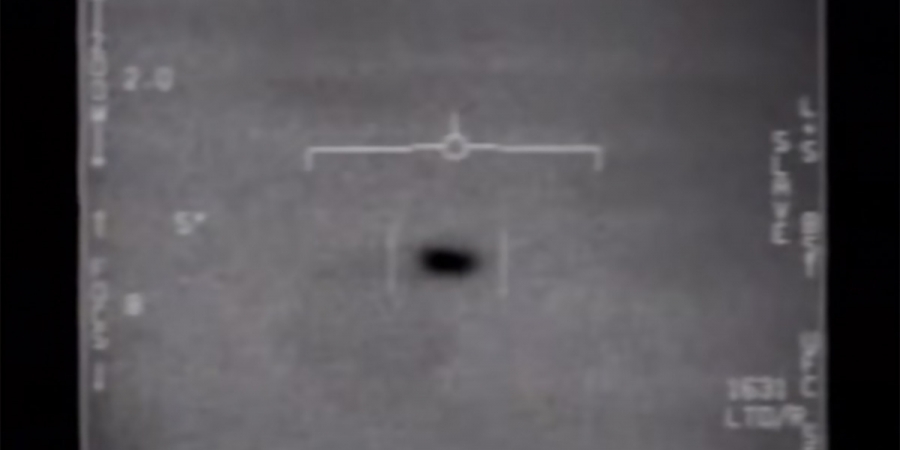
ArrayDecember 24, 2024
2024's Year Of UAPs Quiz
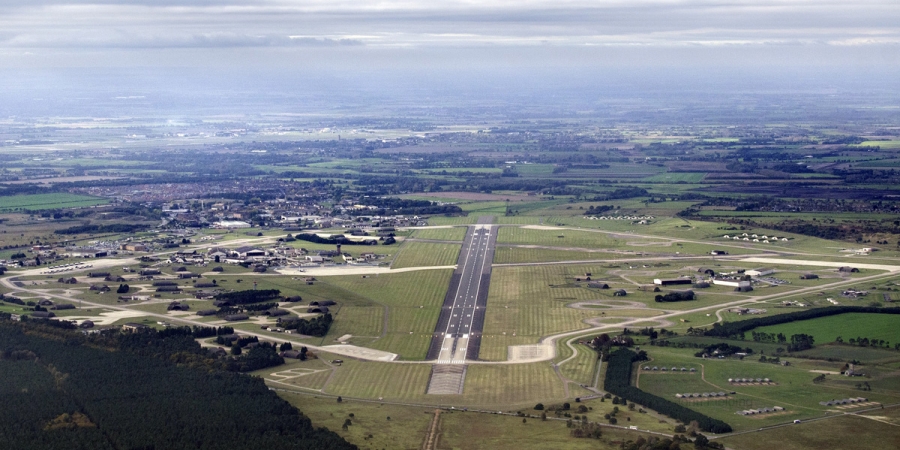
ArrayNovember 27, 2024
Multiple Drone Incursions Over UK Military Bases Spark Debate On UAPs
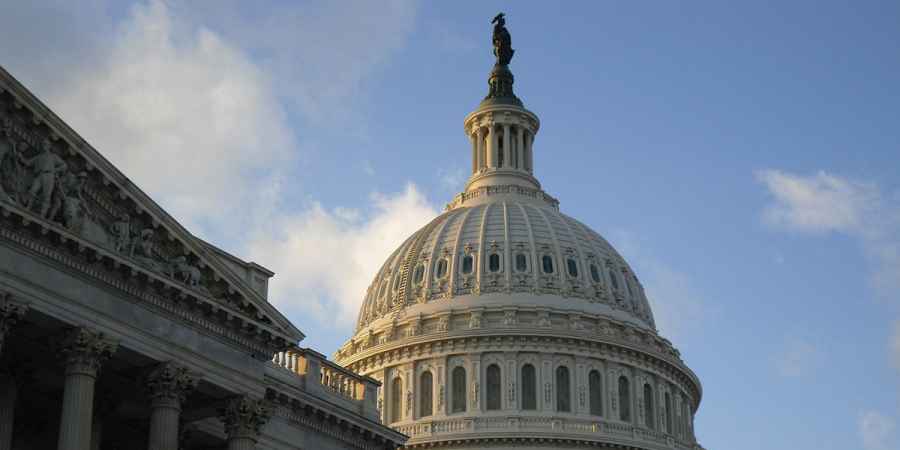
ArrayNovember 23, 2024
British Psychic Predicts Full Government Disclosure On UFOs In 2025
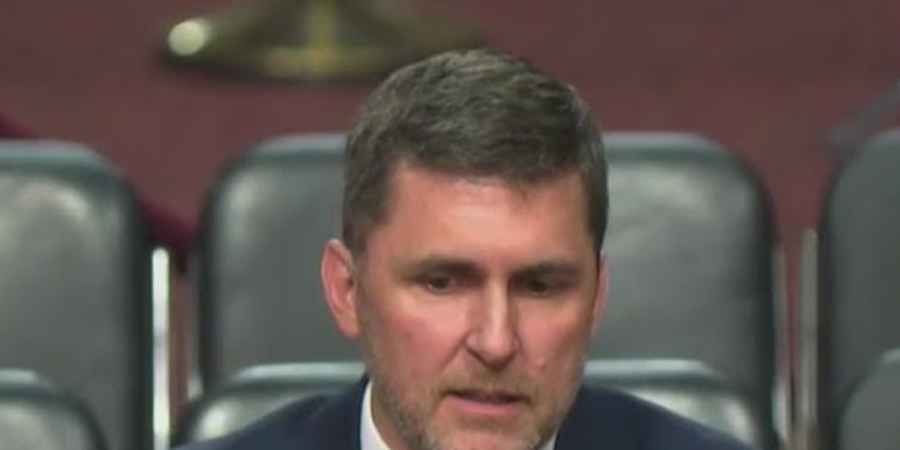
ArrayNovember 21, 2024
No 'Verifiable Evidence' Of Aliens Say Director Of Pentagon's UAP Office
Learn With Higgypop
Hosted by Paralearning in association with Higgypop, these courses on ghost hunting, paranormal investigations, and occult practices draw on the experience of our team of paranormal writers.
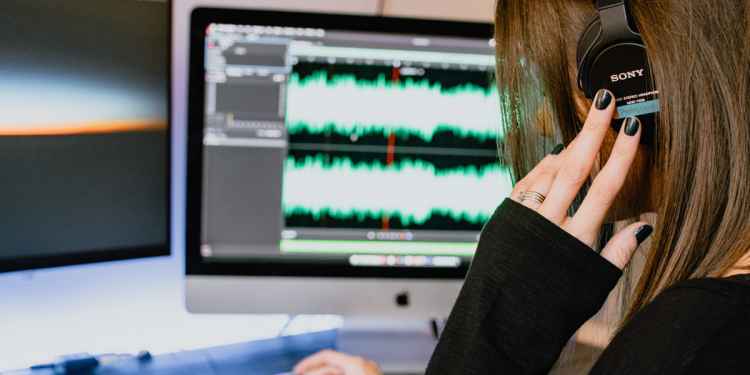
Diploma In Capturing & Analyzing Electronic Voice Phenomenon
This course gives you practical and useful knowledge of ghost hunting and paranormal research, which is invaluable when conducting your own paranormal investigations or as part of a group event.
View Course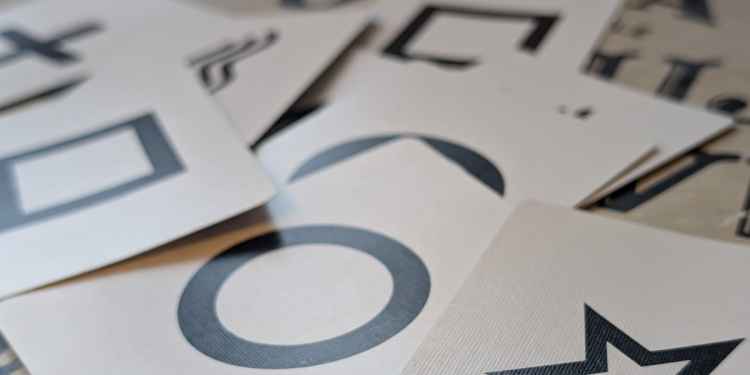
Diploma In Parapsychology & Psychic Phenomena
This course gives you practical and useful knowledge of ghost hunting and paranormal research, which is invaluable when conducting your own paranormal investigations or as part of a group event.
View CourseMore Like This
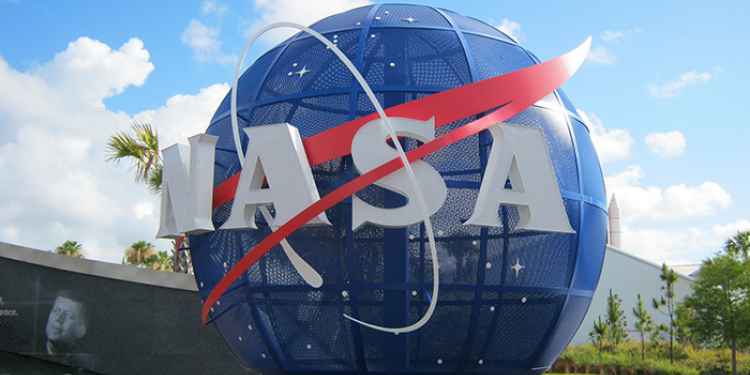
UfosApril 12, 2025
What Do Astronauts Say About UFOs?
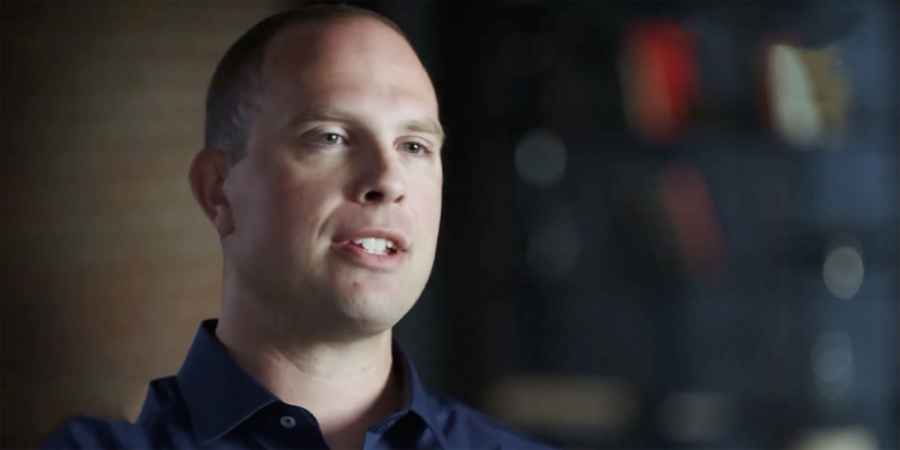
UfosApril 04, 2025
David Grusch Claims US Government Possesses Multiple "Non-Human" Craft
 See More on Audible
See More on Audible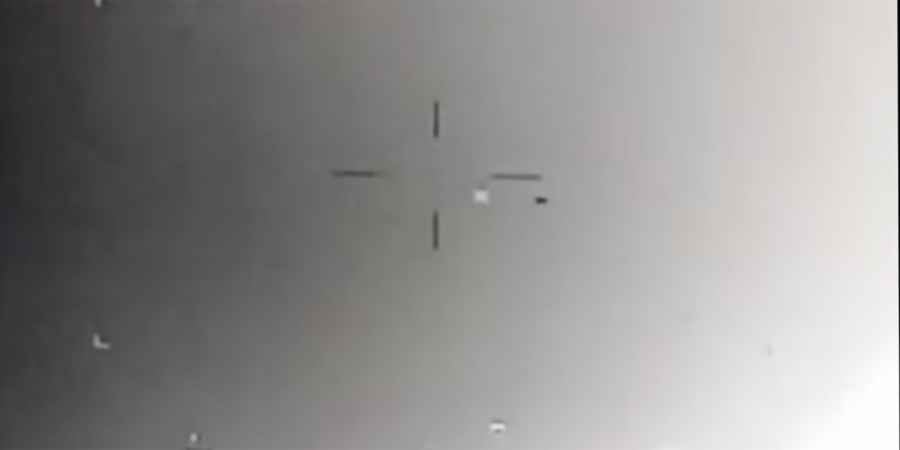
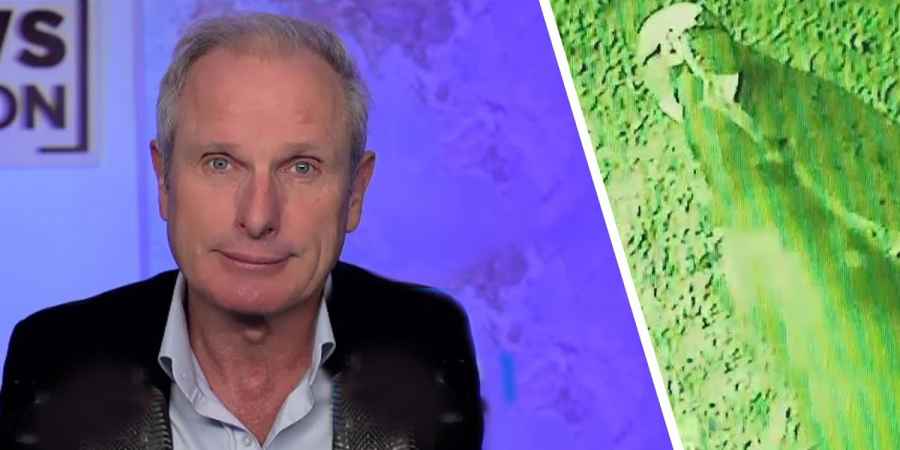

Comments
Want To Join The Conversation?
Sign in or create an account to leave a comment.
Sign In
Create Account
Account Settings
Be the first to comment.